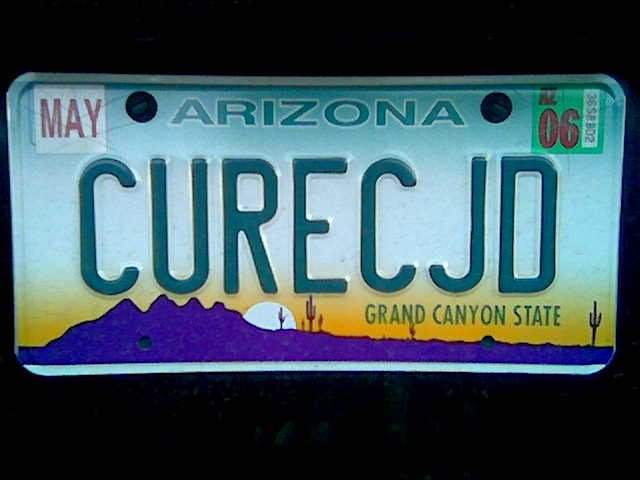South Korea rejects beef from Iowa, breaks trade rules
Senator Harkin is getting involved with South Korea's recent refusal of a shipment of beef from Iowa. Here's the story from the Harkin Ag newsletter for December 2006:
Harkin Calls on South Korea to Follow Fair Rules for Beef Trade
In a December 19 letter, Senator Harkin wrote to South Korean Ambassador Lee Tae Sik urging his government to establish clear, transparent, and fair rules regarding beef trade. Earlier this month, South Korea rejected a beef shipment from a Des Moines meat packer, Iowa Pacific Processors, Inc., claiming that periosteum, a connective tissue surrounding bone, was detected in some of the packages inspected, along with thinly sliced bone. Under international standards, and according to the terms for beef trade agreed to by the United States and South Korea in September, the presence of this connective tissue should have not been a basis for rejection. This is the most recent of three U.S. beef shipments rejected under South Korea's intensive inspections focused on detecting bone fragments in U.S. beef shipments.
"The information we have indicates that South Korea's rejection of these beef shipments was not in keeping with international trade standards," Harkin said. "In order to allow trade between the two countries, South Korea must work in good faith with the United States to set clear and reasonable standards that are fair to U.S. beef producers and exporters."
South Korea maintains that bone of any size poses a higher risk of containing the agent which causes bovine spongiform encephalopathy (BSE), a disease of the nervous system that affects cattle. The United States says that bone is not a BSE risk, and the World Organization for Animal Health has declared that it is safe to trade bone-in beef, even when shipped from a country in which BSE has been found.
The South Korean government claims bone fragments were present in all three rejected U.S. beef shipments, and has used this as a reason to reject them. In his letter, Senator Harkin urged the South Korean government to establish a tolerance for bone fragments in beef shipments, which has been an issue since the U.S. and South Korea agreed to resume beef trade in September.
"The Republic of Korea must establish clear and transparent rules. Boneless beef trade with the rest of the world includes a workable tolerance for bone fragments, and South Korea should comply with these standards," Harkin said. "It is not reasonable to reject an entire shipment based merely on the detection of bone fragments within a handful of packages, nor is it acceptable to reject shipments based on the discovery of connective tissue."




0 Comments:
Post a Comment
<< Home